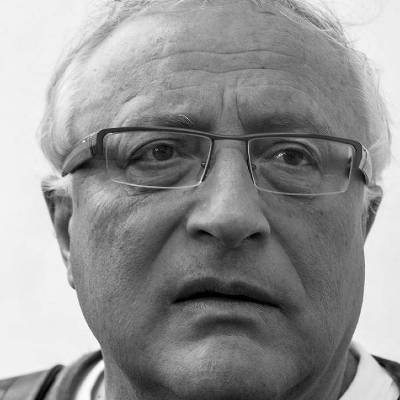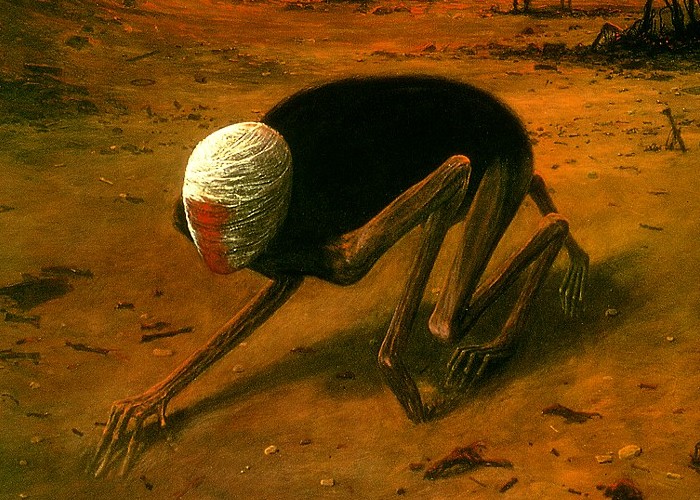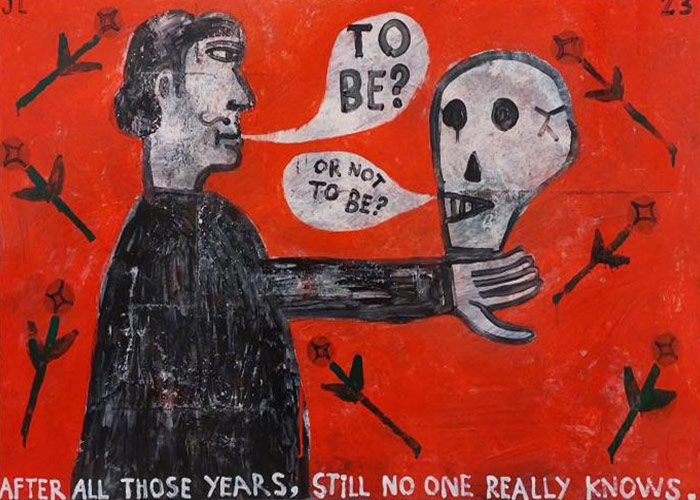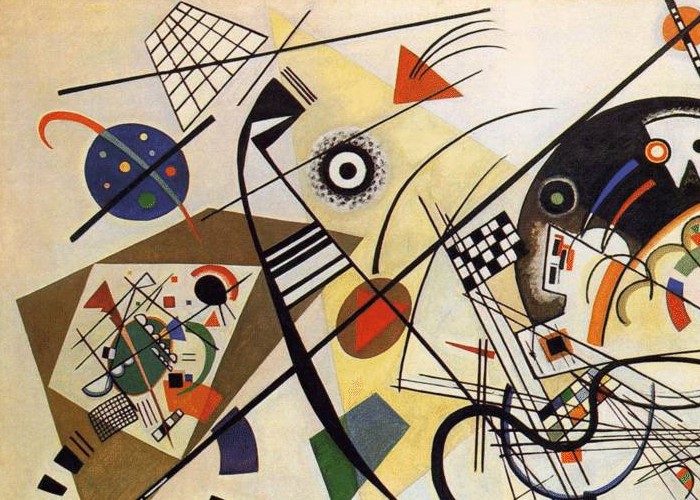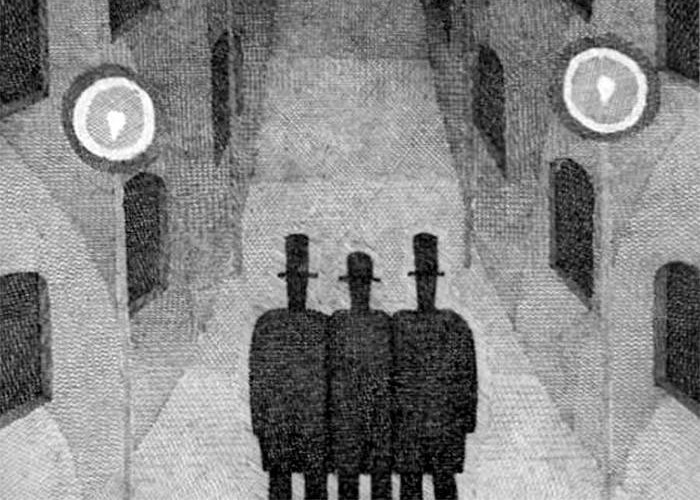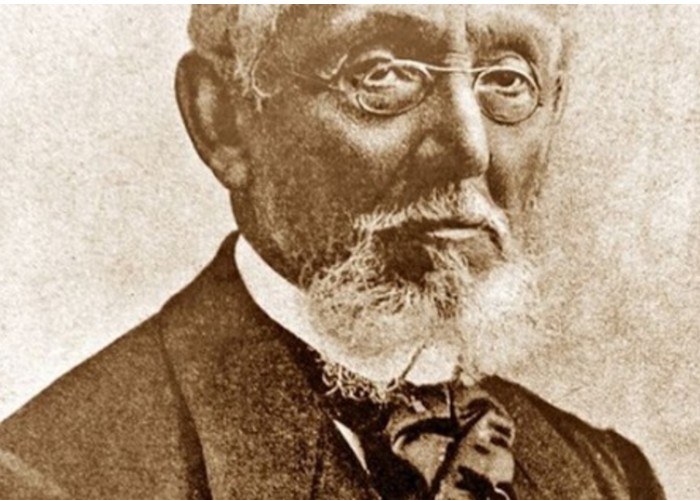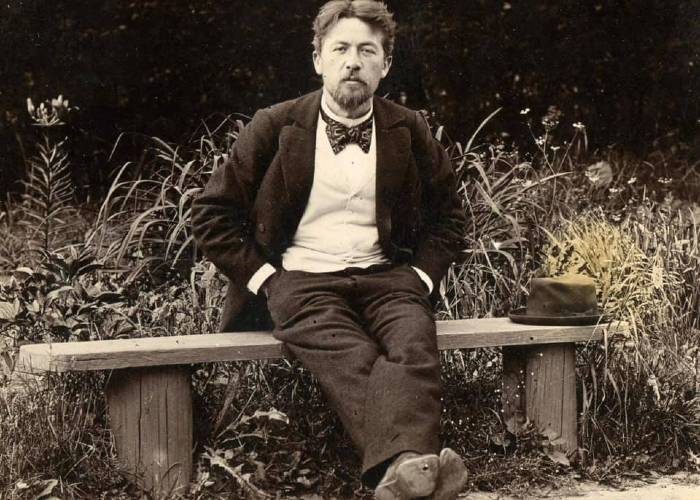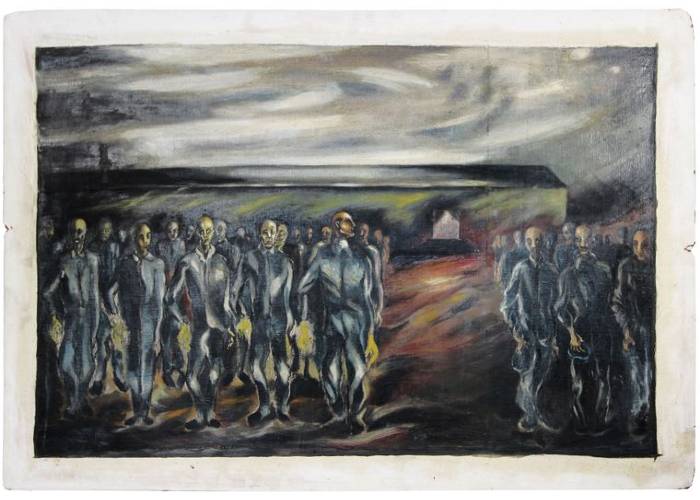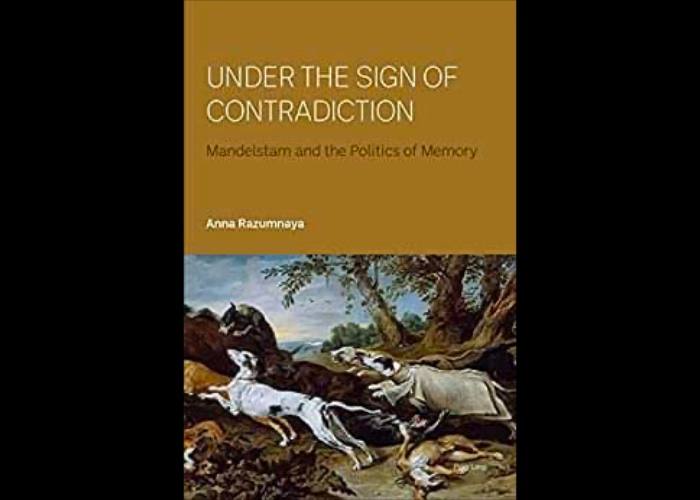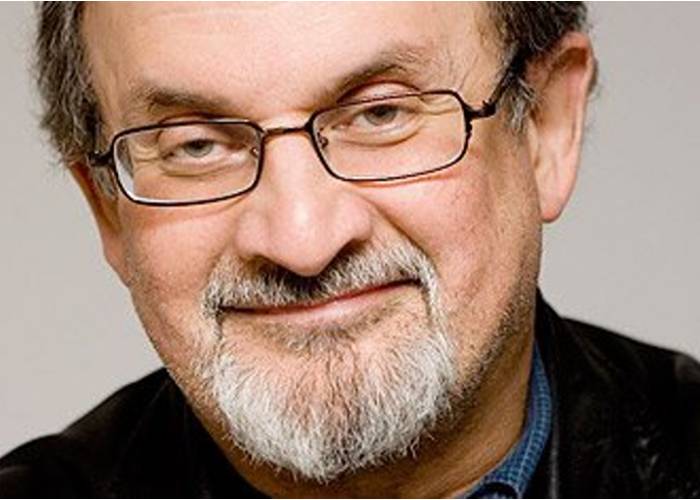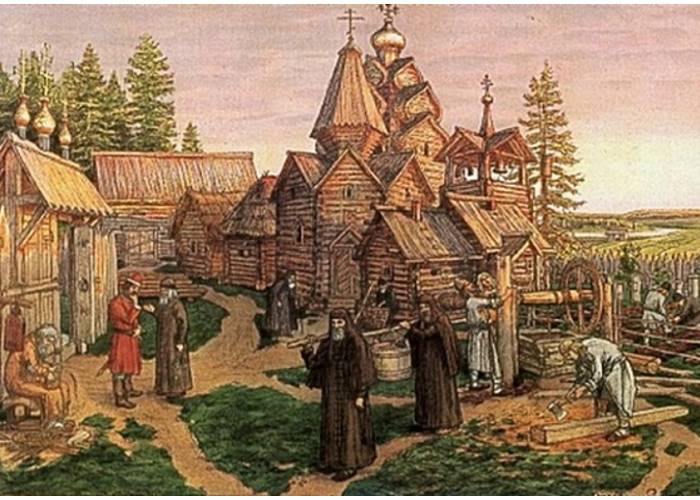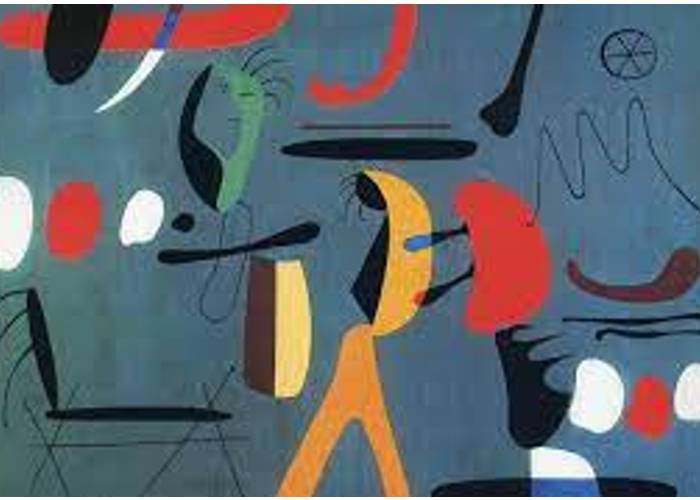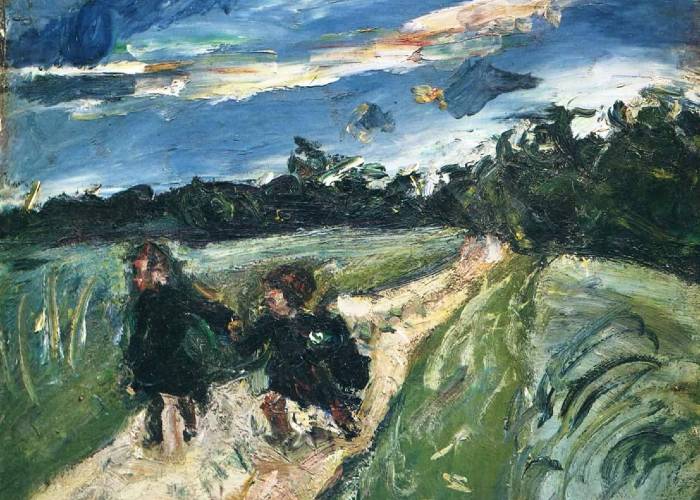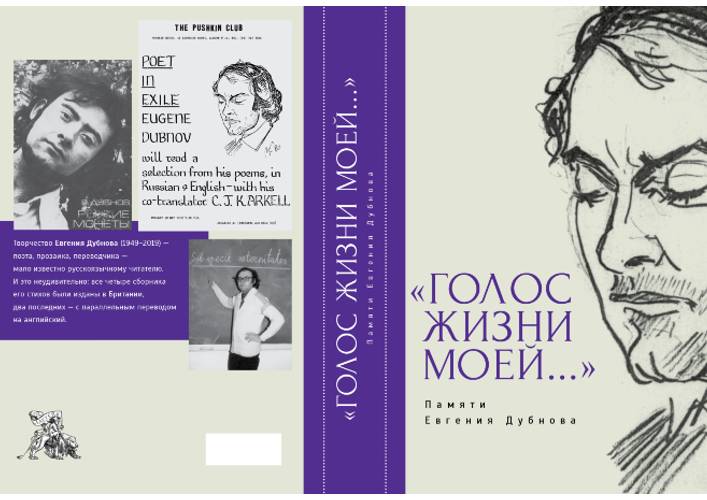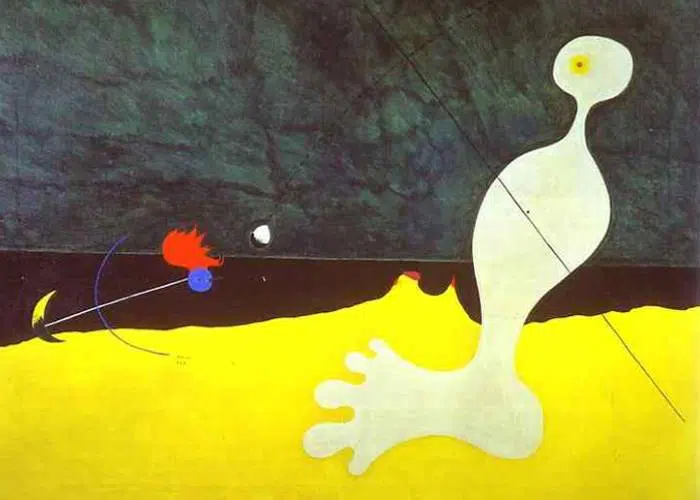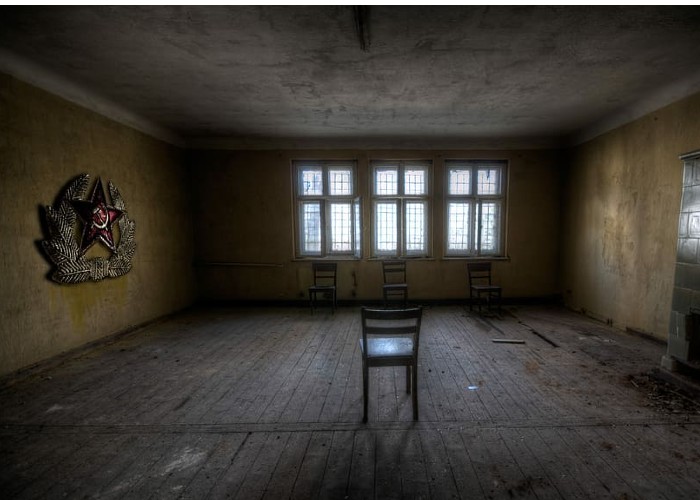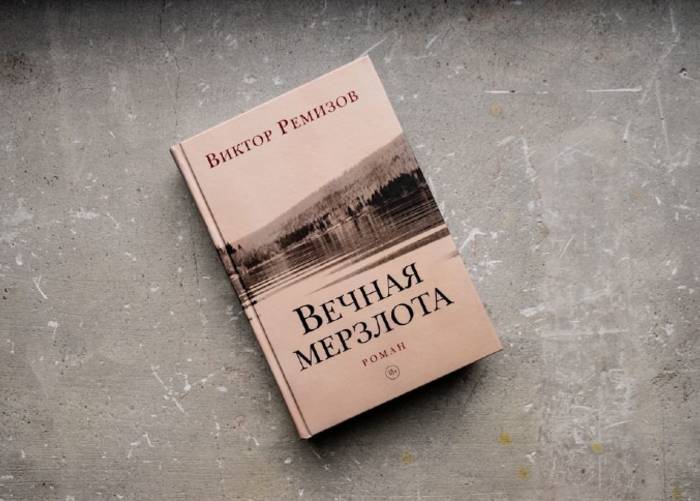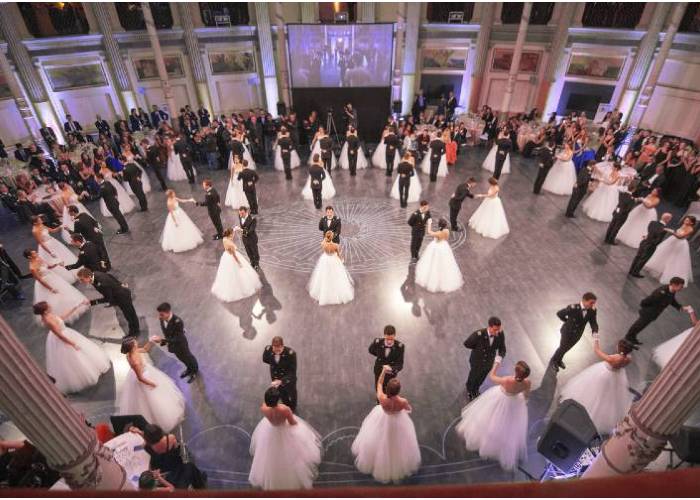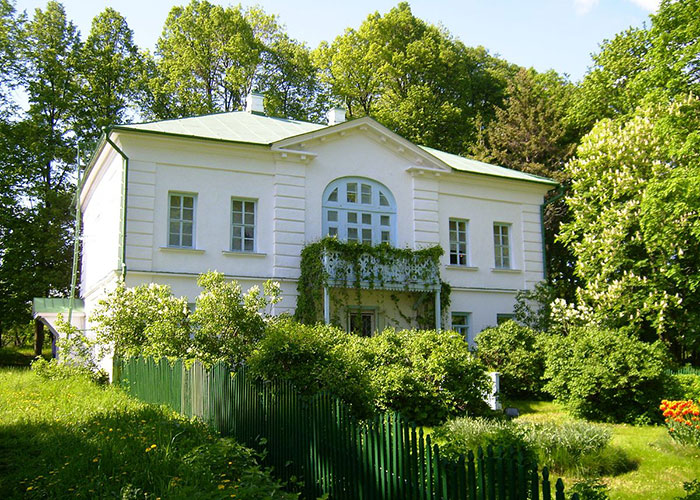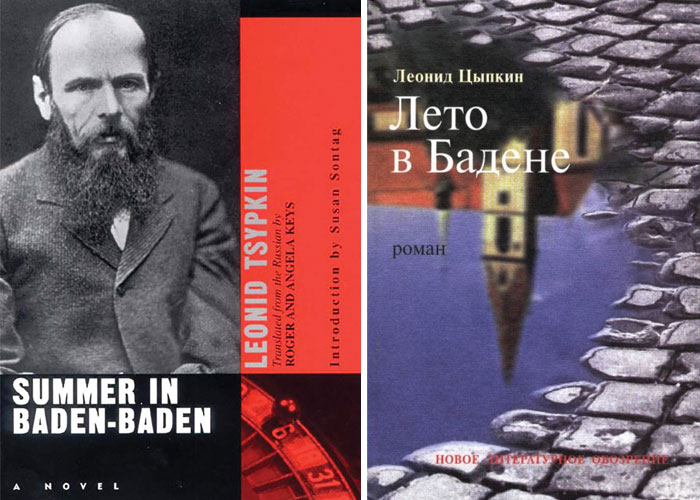For many years, there has been much controversy regarding the translation of poetry and especially about the question of writing poetry in a non-native language. The conflicting reports come from such esteemed sources as Sir Isaiah Berlin, Joseph Brodsky, Vladimir Nabokov, and a whole host of others. We also know about the difference in approach to the translation of poetry. Joseph Brodsky: translation must be as close as possible to Russian syllabo-tonic verse into English. Vladimir Nabokov, with his demand for a direct “descriptive” translation, such as his famous and controversial translation of Eugene Onegin, in essence, both descriptive and narrative. This translation caused a lot of criticism and resulted in a notorious conflict between Nabokov and such a giant of American letters as Edmund Wilson. It is no surprise that only a part of the Onegin publication constitutes actual translation, and more than half of it — copious commentaries of the translator.
The one thing that surprisingly is almost entirely omitted in discussions of writing poetry in a non-native language, which is directly related to the issue mentioned above, is that the poet writes about his or her own life, that is, he is not translating an existing poem but recreating a poem in the coordinates of a different language and therefore in a different life. It is a well-known phenomenon, that a person, (including myself) feels differently in one language as compared to another language. This is called not only bilingual consciousness but also bicultural. Language is directly related to the surrounding life, it impregnates it and to a certain degree creates it.
There are plenty of examples of rather artificial translations of poetry, performed by translators who have perfect command of the language, including idioms, but are not familiar with the paradigm of a foreign culture. That is also why the possibility of poetry creation in a non-native language requires not only the perfect command of two tongues but, even more importantly, one’s presence in two cultures. In a way, it requires one to develop a dual personality.
Aneta Pavlenko, a well-known psycho-linguist, states that the problem of the bilingual mind, using two different languages is not the lack of linguistic mastery, but the lack of an emotional and physical connection (I would add – to the surrounding life). That is, a connection to the poetic context of life. It is known that sometimes a poet can express his feelings in a foreign language more freely than in his own.
At times, specific feelings and emotional situations are better expressed in a non-native language due to the development of a new sensibility, more natural for a newly acquired tongue.
That is exactly my own experience. Sometimes I write a poem in English not because I choose to, but because in Russian I simply cannot express the same feeling directly and organically. Such a poem may be expressed more adequately in the English language. Here’s an example of such a poem, virtually untranslatable into Russian:
White Lies
I live my life by white lies.
And poetry is white lies.
The second language is white lies too.
As well as the first.
But language is the only way
to hide love.
White, black, transparent
Or otherwise invisible.
So, all day long,
All life long I say white lies
To hide my love. In fact
I never know to whom.
It may be to you
But if I say it, it would be a white lie.
But once it is said in a poem
It stays and as a bird flies away
In search of its destiny.
A well-known Slavic and Germanic scholar Adrian Wanner says: Given the rootedness of poetry in sound and form, this raises a host of questions: is the self-translated version a variant of the original text, or should one speak of two parallel poems or two originals? “How does the passage from one language to another affect its form and content?”
This is precisely why I rarely do direct translations of Russian poems into English or vice versa, but rather create so-called parallel poems. This means that the poems are created on the same emotional wave, due to the same, or a similar, stimulus or impetus, but in the framework of a totally different language, Slavic vs. Romance-German origin. Sometimes there can be a significant time gap between writing a poem in two languages, i.e., creating parallel poems.
This method was called by Professor Adrian Wanner, “poetics of displacement,” meaning that such poets, including myself, take a looser approach to self-translation, creating parallel poems. The translation, therefore, becomes the means of exploring a mutation of self through time, migration, and changing linguistic and cultural environments. This is drastically different from what Brodsky and Nabokov meant by self-translation.
In other words, self-translation becomes a vehicle for the transformation of the poet’s sensibilities in the coordinates of time and shift in a cultural space. It is self-adaptation to the change in linguistic and cultural circumstances, which is a very different approach from the direct, literal translation of a text. That is why in my practice, I qualify such translations as parallel poems and not as a direct self-translation.
It is a well-known notion that a poet’s home is his language. That is correct, but what if a poet has two homes or even more, several homes, which is typical in the case of a poet living and creating in a Diaspora, especially in our times of globalization, displacement and cosmopolitanism.
In our period of globalization, a poet is exiled into his own language or creates his own language, not unlike Paul Celan, who escaped from contemporary German, contaminated by Nazism. Ours is the era of cultural globalization, “speaking in tongues.” Never before was a poet destined to move closer toward the primordial, original language of poetry, a higher unspoken language that we all understand but speak differently in our own tongues: the language of poetry. This is the language of poetry before Babylon. “Now the entire earth was of one language and uniform words… (Genesis 11:1)” (Speaking in Tongues)
Expansion of bilingual writing became more widespread given globalization and the domineering role of the lingua franca: Mandarin Chinese, Spanish, English, Hindi, Arabic, Bengali, and Russian. More than half of the Earth’s population is naturally bilingual. Several years ago, we published an Anthology of American poets who write in non-native English (Stranger at Home). Interestingly, many of these writers teach creative writing in the American academic system.
I was asked several times in which language I dream. I was thinking about this and realized that in my dreams people talk, I talk to them, and there is some language. But then I realized that it is not English and it is not Russian, it is a language that I understand but it does not have words or familiar sounds of one of the recognizable languages. And then it occurred to me that this is similar to the famous Pentecostal event in Jerusalem when a crowd of people of different nations heard the same sermon spoken in a “language” understood by them, i.e., in their native tongue. So, I concluded that this probably could be qualified as the language of poetry or a language above other languages. Some see it as a metaphysical substance that a poet puts into a certain language but which existed before him and which is transferred into words, and subsequently, it lives in the poet’s soul and mind. A monologue of the soul, so to speak.
This probably is related directly to the primordial protolanguage, Urspache, in a linguistic sense, a metaphysical message. Wittgenstein’s theory states that there is an insurmountable gap between what could be expressed by language and what is unspeakable. He insists on an illusory quality of language. Nothing obvious exists in language and cannot exist. Apparently, this concept bears a direct relation to poetry and the essence of poetic translation. Linguistic loyalty to the original is a necessary, but not the only, condition. The rendering of sensibility, spirituality, and metaphysical core of creation is an obligatory condition of any adequate translation.
According to Walter Benjamin, the translation should be, first of all, a metaphysical substance closer to the “universal language.” In other words, it should reflect the sense of a poem beyond language. Therefore, one can suggest that the language of poetry is a certain language above usable vernaculars, some metaphysical substance. It is acquired by the medium (poet) through special faculties given to him/her and is transformed into an existing tongue the poet commands. This metaphysical substance and musical combination of sound and meaning is transformed into words by a poet. It exists in a poet’s heart and mind and transforms into a monologue of his/her soul.
Joseph Brodsky in one of his essays mentioned that literature is, first of all, a translation of a metaphysical truth into any given vernacular. One can guess that for a poet transformation of this metaphysical truth into functional everyday language occurs on an almost subconscious level, in the realm of the so-called “universal grammar” of Noam Chomsky. Brodsky also mentioned that a writer outside his native culture (“exiled”) is thrown into space inside a capsule, which is his/her native language. In such cases, the gravitation force is directed outside, into space. He added that poetry possesses a drive to infinity.
A poem is a personal communication in the language that is available, in the space where the author is currently operating. That is language germane to the circumstances, landscape, and a poet’s life.
A poem is a composition on a theme. It is not yet part of the culture, or rather it becomes part of the culture later. Art exists primarily in the artist and only secondarily in society. And this is precisely the explanation why an author, like myself, who has mastered the second language as an adult, can express his soul in it. The main condition is that this new life becomes your own life with its patterns, smells, and the language which impregnates that life. In my case, it is American English. Therefore, poetry in English as a second language reflects the second language of one’s poetic soul.
It is important to acquire your own experience of a new life, its sounds, shadows, and all that creates the new sensibility of a poet. Many creative artists spend their lives inside an ethnic and cultural ghetto, not opening themselves to a new life. This may not depend on the social or financial circumstances of the immigrant. Thus, many successful Soviet and Russian émigrés feel quite comfortable in their linguistic and cultural milieu, apart from the mainstream American culture.
In my case, my acculturation occurred naturally and American English has become my second home. Therefore, writing poetry in non-native English reflects a second language of my poetic sensibility.
The language itself dictates the way a poem is to be created. This is why attempts, by a great poet such as Joseph Brodsky, to place a poem from the original language, a Russian syllabo-tonic poem, into a framework of a totally different language sometimes produce cumbersome results. The number of words in poems in two different languages varies, which is only natural considering the vast differences between Russian and English. Sometimes unexpected images or different idioms enter the plot of the poem, or the language itself pulls apart the plot or adds an additional layer to the poem. However, the most important criterion in translation is recognizing the sound, although a poet-translator should maintain fidelity to the meaning of words, as much as the other language allows.
Tess Gallagher once mentioned that, when reading a translation of a foreign poem, the English language reader would like to see a good poem written in English. This particular philosophy was shared by Boris Pasternak, a great Russian poet and a famous translator of Shakespeare into Russian.
In this discussion, it is worth touching on a few formal points regarding specific differences between the two languages as they relate to the problems of verification. It is known that the Russian language, as well as Italian, has almost twice the number of rhyming words compared to English. English contains fewer vowel sounds than Russian. Most Russian words are polysyllabic, and Russian as a whole is a more inflected language than English. It is worth noting that a fully developed culture of versification emerged in the English language more than four hundred years ago. Thus, Russian versification is a much younger art.
Problems with Russian-English translation are also precipitated by the fact that Russian grammar distinguishes three genders: masculine, feminine and neutral, whereas in English gender is defined mostly by context.
American poetry has gone a long way from the more formal, structured British verse to Walt Whitman’s free narrative verse, which is akin to natural speech. Russian poetry nowadays is still mostly structured syllabo-tonic poetry, although more authors now produce functional free verse poems, which is somewhat harder than in English, given the softer, fluid sound of the Slavic vernacular.
Eminent linguist and philosopher George Steiner points out that an imperfect translation provides excessive information from the original. Therefore, an impression of precision, in fact, reflects only the superficial structure of the original, leaving the deep core of a poetic substance untouched. In his classical work After Babel, George Steiner writes that, while living in the translingual world of Mitteleuropa, Franz Kafka developed a profound sense of opaqueness of the language, that is, in a way, of a conceptual impossibility of direct human relations on the level of language. Kafka developed into a genius metaphorical poet, using prose form, precisely for that reason. In his letter to Max Brod (in 1921), he wrote of “the impossibility of not writing, the impossibility of writing in German, impossibility of writing differently.” It is quite pertinent to quote Kafka himself precisely on this matter: “All language is but a poor translation”.
Paul Celan in his poetry approached deeper structures of language – the so-called “universal units,” or pre-language subconscious formations. It is supposedly a universal feature of all languages, or at least, close ones. This concept was outlined by both Noam Chomsky and George Steiner in his After Babel.
Now I will summarize my own experience and method in translating Russian poetry into English. I am talking about self-translation or the creation of parallel poems. First of all, I listen to the sound structure of the poem. The phonic structure, sound, and cadence of a poem come first. An important part is finding some English words or fragments of sentences that are similar in sound to the Russian original and adequate to the psychological profile of the poem under translation. Curiously, these fragments of speech do not always survive in the final version of a translation. It is pertinent to remember the words which the great Russian poet Nikolai Gumilev said to Osip Mandelstam: “What you showed me is a very good poem but when it is completely done, not a single word from the current version will be left in it.”
Then there comes the sound structure – a skeleton for the future translation. Parts of sentences and certain words fill the already existing sound framework. Constructing sentences follows the first phase, an attempt to save as much of the syllabic structure of the original as possible. Then comes the pleasure of working with the vocabulary, selecting the most appropriate and precise words, and fitting them into the sound structure suited for the historical destiny of the poem. Then – the final phase of straightening out the syntax, bending it to match the form of the original text within the grammatically permissible boundaries and manipulating the length of lines.
The method I have described is quite different from the commonly utilized way of literal translation – word-by-word, followed by adjustment and selection of the most appropriate and correct words. My approach, which I call emotional and rhythmical, is closer to the real process of verse creation. At any rate, this is what the reader wants to have, an adequate poem in English or Russian, closer to the original poem.
As I mentioned earlier, the acquisition of a new sensibility (in my case – the American sensibility) is the most important condition for writing poetry in a new non-native language. Growing into a new life gives you the right to write poetry in a new language. My poetic operational language was awakened by the foliage rustling in the backyard, the remote sound of a police siren across the boundless parking lot of a town mall; the hot dog man, conversation at the bar, in the office, cars zooming along the highway, NYC street, an old saxophone player on Lexington Avenue, and fuel refineries of Houston.
Some time ago, I started losing interest in acquiring this new life, this new sensibility, and felt the necessity to go deeper into the metaphysical depth of American poetry. And that was when listening to the poetry of Robert Frost and Emily Dickinson helped me.
A very important condition for the creation of an adequate poem in a different language is the knowledge of what I call the cultural idiom of poetry. This is why many anthologized translations of contemporary poetry into English and vice versa are not quite adequate. This happens because translators who may know a language perfectly well may not be familiar with the cultural idioms of an era or specific idioms of the poet’s life.
It is pertinent to mention here the concept of stereotextuality by Mikhail Epstein. It implies that a text exists in two separate realities. Naturally, the author is talking about a poem. Therefore, a question arises whether it is possible to render the core of a poem in one vernacular, or can a deeper meaning be rendered more adequately in two or more languages. In other words, when the author speaks of some event in two or several languages, he creates a “stereo text”.
Upon entering the border space between two cultures and languages, one acquires bilinguality and biculturality, thus moving from mono- to stereo sound. Along with stereo cinematography and stereo music, there can also exist stereo poetry and prose. In such cases, the difference in languages creates a non-linear, multidimensional stereo text, unlike a direct translation. Joseph Brodsky discussed possibilities of bilinguality: when you have a command of two languages – one analytical, like English, the other synthetical and sensual, like Russian, you acquire an almost maddening feeling of penetrating humanity.
I think it is not incidental that Vladimir Nabokov created separately two great pieces of memoir prose in two languages: Другие Берега (Other Shores) in Russian, and Conclusive Evidence, and later Speak Memory, in English. These are not direct translations, but the consecutive transformation of a memoir narrative in two languages, created in different periods. Interestingly, the same events are freely reflected by two different linguistic devices.
George Steiner wrote that every language renders its own reading of life, that is, reflects life quite differently. I know from my own experience that one’s personality changes somewhat when one uses a different language, so many “translingual” people experience feelings of dual personality. Ilya Kaminsky, a well-known American poet of Russian origin, mentioned that his facial expression changes when he speaks English. In other words, the use of another language imposes a sensibility of a different culture, creating biculturality. Undoubtedly, a bilingual writer presents to a certain degree two different writers, since he has two different voices, writes in two different styles, and looks at the world through different optics. It is especially true for an author writing in English and Russian, languages that are far apart from each other, linguistically and culturally.
The concept of a “language personality” was introduced in the 1920s and has been developed further since then. Three levels of a “language personality” have been identified: zero level, level one, and level two (the highest). On the highest level, a writer acquires the ability to create texts forming hierarchies of meaning in the new language and a worldview related to the language.
Therefore, the ability to create poetry in one’s non-native language depends less on fluent command of the new language than on forming a new higher-level language persona.
In summary, writing poetry in two poetic languages shows that a successful poem appears when it is written in two languages on the same emotional wave, yet created as two original poems in different languages.
